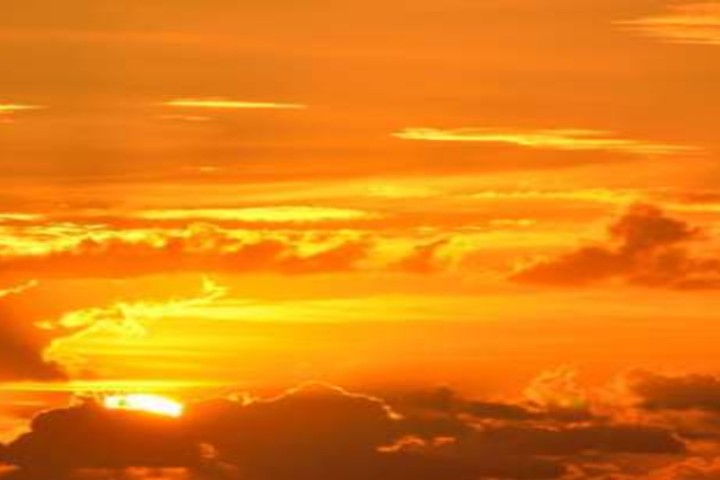More than 15,000 scientists sign environmental 'warning to humanity'

Monday, November 13, 2017, 17:00 - Twenty five years after leading scientists issued a first 'warning to humanity', raising the alarm about the environmental destruction they were witnessing, a newly updated warning has been signed by over 15,000 scientists from around the world.
Back in 1992, a group of over 1,700 scientists, including the majority of the world's living Nobel science laureates, signed a statement titled "World Scientists' Warning to Humanity". The statement pointed towards a looming environmental catastrophe, based on ozone depletion, freshwater availability, marine life depletion, ocean dead zones, forest loss, biodiversity destruction, climate change, and continued human population growth.
In the time since that warning was issued, the only major progress humanity has made is in regards to the first point - ozone depletion. Although the Antarctic ozone hole still exists, global efforts to reduce ozone depleting chemicals in our atmosphere are paying off. The ozone hole has been shrinking, fairly consistently, and this year it was the smallest seen since 1988.
For the other factors that went into the warning, the quarter-century since has not been as productive - not by a long-shot.
This is what prompted William Ripple, a Distinguished Professor of Ecology at Oregon State University, and his graduate student, Christopher Wolf, to pen a new statement - "World Scientists' Warning to Humanity: a second notice".
According to this new warning:
The authors of the 1992 declaration feared that humanity was pushing Earth’s ecosystems beyond their capacities to support the web of life. They described how we are fast approaching many of the limits of what the biosphere can tolerate without substantial and irreversible harm. The scientists pleaded that we stabilize the human population, describing how our large numbers - swelled by another 2 billion people since 1992, a 35 percent increase - exert stresses on Earth that can overwhelm other efforts to realize a sustainable future (Crist et al. 2017). They implored that we cut greenhouse gas (GHG) emissions and phase out fossil fuels, reduce deforestation, and reverse the trend of collapsing biodiversity.
On the twenty-fifth anniversary of their call, we look back at their warning and evaluate the human response by exploring available time-series data. Since 1992, with the exception of stabilizing the stratospheric ozone layer, humanity has failed to make sufficient progress in generally solving these foreseen environmental challenges, and alarmingly, most of them are getting far worse.

"Figure 1" in the "World Scientists' Warning to Humanity: a second notice" reveals the worsening situation on Earth. Percentage changes, since 1992, for each graph in the figure, are: (a) –68.1%; (b) –26.1%; (c) –6.4%; (d) +75.3%; (e) –2.8%; (f) –28.9%; (g) +62.1%; (h) +167.6%; and (i) humans: +35.5%, ruminant livestock: +20.5%. Credit: Ripple, et al. (2017)
Since this new warning was issued in July, 15,364 scientists signed it, from 184 nations around the world, supporting the message it delivers to the world's leaders:
Humanity is now being given a second notice, as illustrated by these alarming trends.
We are jeopardizing our future by not reining in our intense but geographically and demographically uneven material consumption and by not perceiving continued rapid population growth as a primary driver behind many ecological and even societal threats.
By failing to adequately limit population growth, reassess the role of an economy rooted in growth, reduce greenhouse gases, incentivize renewable energy, protect habitat, restore ecosystems, curb pollution, halt defaunation, and constrain invasive alien species, humanity is not taking the urgent steps needed to safeguard our imperilled biosphere.
"The scientists around the world are very concerned about the state of the world, the environmental situation and climate change," Ripple told CBC News. "So this allows them to have a collective voice."
